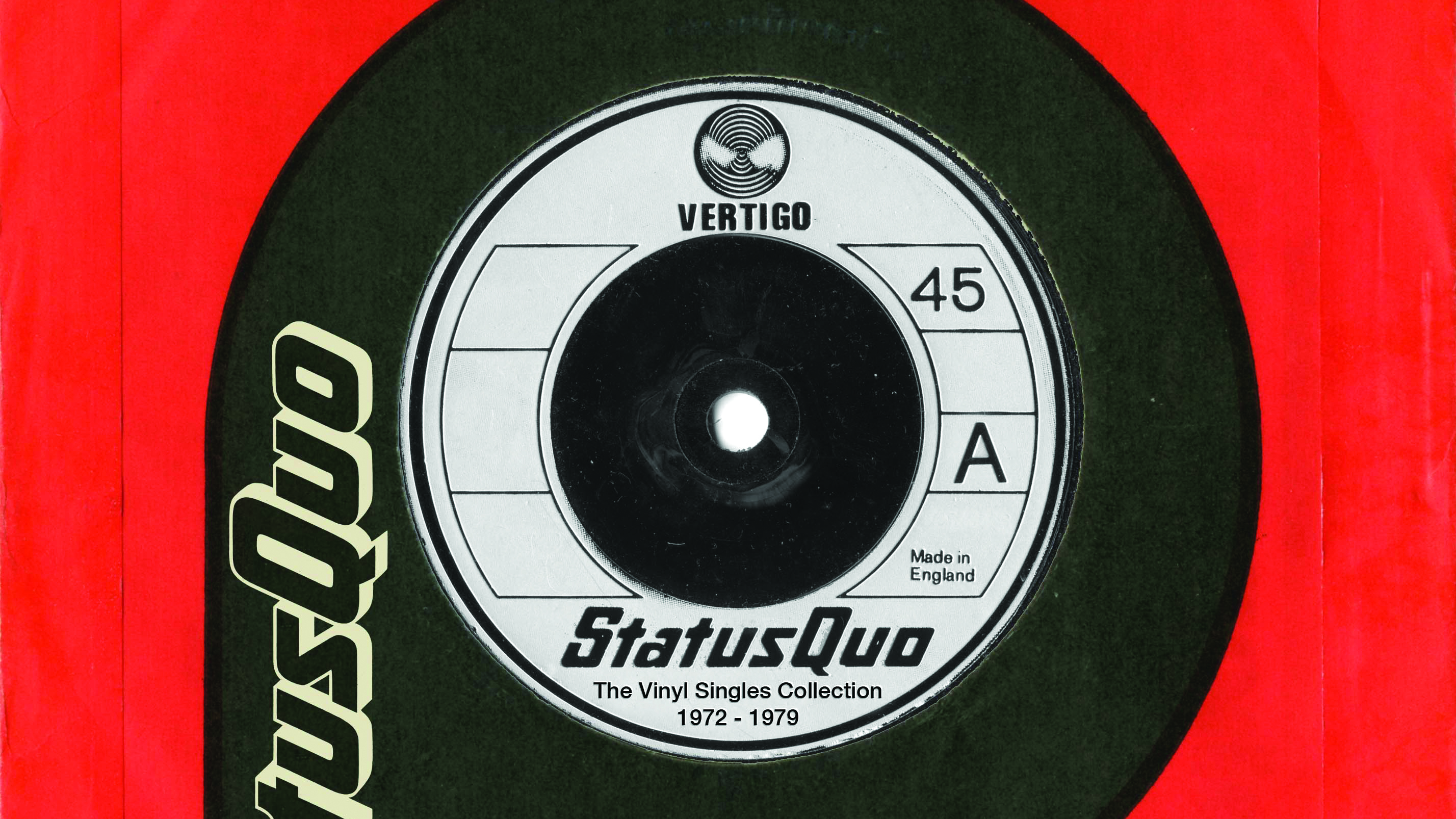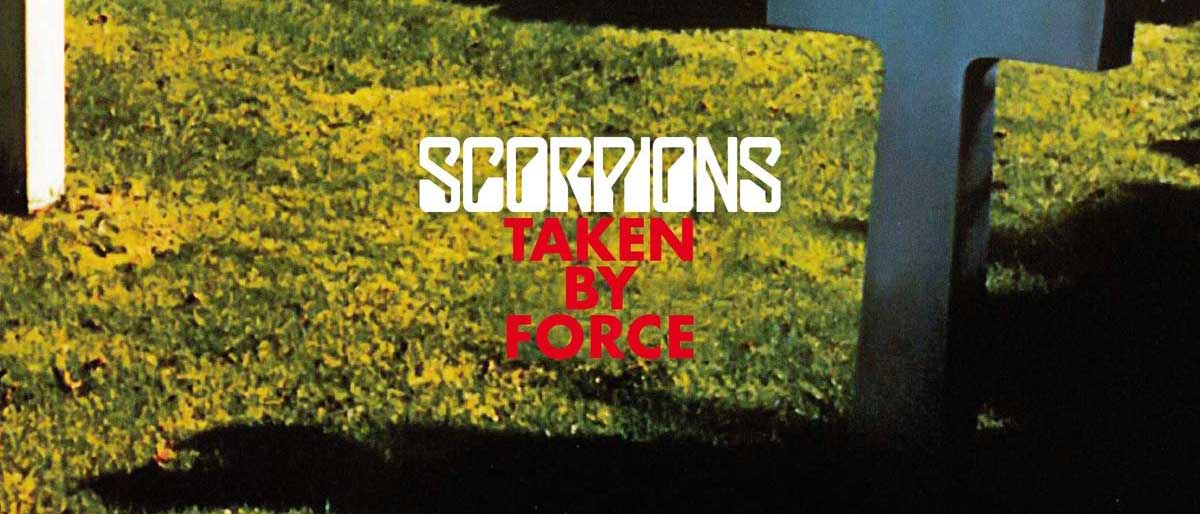You can trust Louder
Basking in the timeless joy generated by Status Quo’s prime-time 70s singles, the irreplaceable void left in the landscape by Rick Parfitt’s departure to boogie heaven last Christmas becomes crystal clear.
Even if he had lived, the undeniable impediment of ill health may have caused Parfitt to miss out on celebrating Quo’s 50th anniversary at Rossi’s side this year. But The Vinyl Singles Collection (9⁄10), a stirring corrective to the recent Aquostic albums’ relatively sedate remakes, recalls perfectly the magic of the band’s blue denim heyday in his absence. This is Quo in their effortless, casually exalted pomp. From the immaculate summerof-’72 stormer Paper Plane, through whorehouse celebrant Whatever You Want and Parfitt’s rhythmically fired, reflective gems Rain and Living On An Island, the singles box, complete with picture sleeves and choice B-sides, is a delight.
But to survive, the band had to endure some lean years too, slogging through periods of drugged-out disaffection, their artistry subjugated to the need to simply keep on keepin’ on.
In the 10-disc Vinyl Collection (6⁄10), 1982 bears all the hallmarks of a water-treading contract filler, its torpor alleviated only temporarily by Parfitt and Andy Bown’s affirming, if under-performing, opener She Don’t Fool Me. Similarly, in the wake of Britpop, Quo retreated into their safety zone with 1996’s Don’t Stop (never previously released on vinyl), a set of undemanding covers festooned with guests stars (the Beach Boys, Brian May, Maddy Prior).
Among such snooze-control efforts as Ain’t Complaining – 1988’s disparate record, dated by its 80s studio sound, where Rossi admits he lost interest – it’s the judiciously plotted In The Army Now, seizing the day in the wake of their Live Aid revival, that stands out. Covers such as its title track and Ian Hunter’s Speechless are salutary reminders of Status Quo’s interpretive powers and imagination. Parfitt’s Overdose, a towering, mighty track that shows his ability to process diverse influences into the inimitable Quo drive, is a resonant and downbeat closer. Indeed in the wake of his passing it makes for a formidable swansong.
Sign up below to get the latest from Classic Rock, plus exclusive special offers, direct to your inbox!
Late NME, Daily Mirror and Classic Rock writer Gavin Martin started writing about music in 1977 when he published his hand-written fanzine Alternative Ulster in Belfast. He moved to London in 1980 to become the NME’s Media Editor and features writer, where he interviewed the Sex Pistols, Joe Strummer, Pete Townshend, U2, Bruce Springsteen, Ian Dury, Killing Joke, Neil Young, REM, Sting, Marvin Gaye, Leonard Cohen, Nina Simone, James Brown, Willie Nelson, Willie Dixon, Madonna and a host of others. He was also published in The Times, Guardian, Independent, Loaded, GQ and Uncut, he had pieces on Michael Jackson, Van Morrison and Frank Sinatra featured in The Faber Book Of Pop and Rock ’N’ Roll Is Here To Stay, and was the Daily Mirror’s regular music critic from 2001. He died in 2022.


